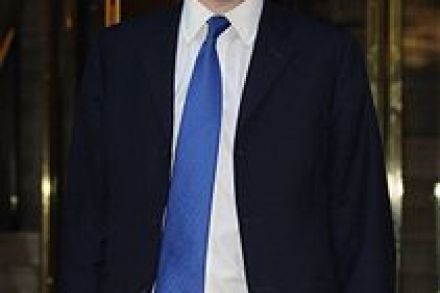Stronger than expected growth
The growth figures for the third quarter of the year have just been released, and it’s better than we thought: 0.8 percent, twice the 0.4 percent figure that was expected, but down on the 1.2 percent achieved in the spring. In any case, it should play well for Osborne & Co. We’ve just witnessed the fastest third-quarter expansion of the economy for a decade. Double speed, rather than double dip. Really, though, these figures throw up more questions than conclusions. By far the most important is: where next? The coalition would have been untroubled by an even larger reduction in growth now (caused by weak consumer spending, among other variables),



















